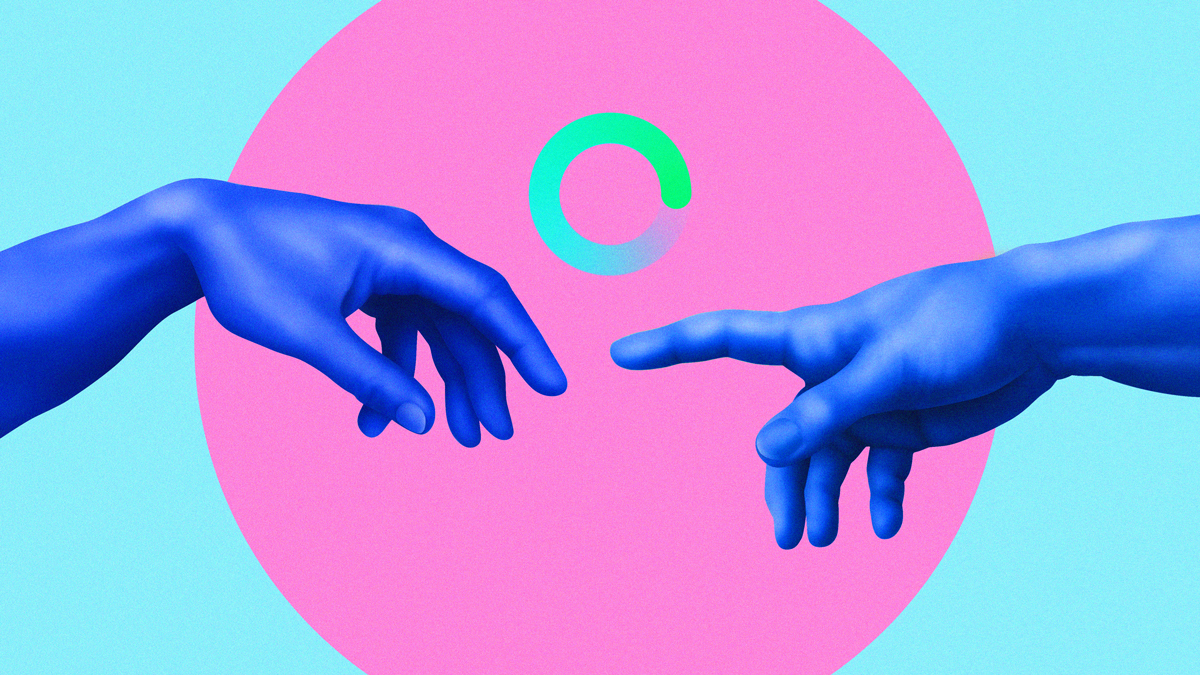You don’t have to look much further than the brands marketing during the Covid-19 crisis to realize that consumers crave more authenticity and creativity from companies that seek their loyalty.
Unfortunately, creating and delivering messages of value is harder than ever. Most people use multiple devices every day as well as tools that protect their security and privacy online. While these services and devices play important roles in the digital economy, they also create challenges in determining whether the right audiences are being reached with the right message.
While the last 10 years have helped brands and publishers benefit from consumers’ shift to digital, marketing priorities have changed from a creative-first approach to targeting customers for ad serves, clicks and downloads. The unintended consequence is waning consumer trust and metrics that make marketers feel accomplished but don’t drive results.
The impact of AI on marketing creative
Marketers have an opportunity to go back to basics by becoming great storytellers again. A surge in technological sophistication presents the ability to discover new and better ways to build trusted connections with customers. That’s why last year, IBM Watson Advertising set out to determine if and how AI could impact the creative process.
The role of AI shouldn’t be to automate human action, but rather to augment human thinking at scale. With this in mind, IBM Watson Advertising tested AI’s impact on one of the most human parts of our industry—creative—through the launch of a solution called IBM Watson Advertising Accelerator. The tool delivers personalized, high-performing creative at scale by harnessing AI to predict the optimal combination of creative elements based on key signals like consumer reaction, weather and time of day. Accelerator ensures brands communicate with purpose to the audience that matters most.
The results show that AI can have a growing and powerful effect on the advertising industry, similar to how programmatic changed the discipline over a decade ago. Specifically, brands that used Accelerator have seen:
- A minimum of a 25% increase in performance from the beginning to the end of their campaigns
- 120% average increase in performance for participating 2020 Call for Creative brands (Mastercard, Duke Energy, Travelers Insurance, Kimberly-Clark’s Kotex brand and the Ad Council)
- 69% lift in conversion rate (actions on site) for the Ad Council
- 10% lift in site visits for national hospitality brand seeking to show the variety of their accommodations, after one week of Accelerator in action
- 143% lift in conversion rate (clicks to cart) for CPG brand over the course of the campaign
- An influx of valuable insights including what text, visuals, platforms, time of day and more resonated best with different audiences
IBM Watson Advertising wants to help the industry use AI to get back to the work that really matters while increasing trust between brands, consumers and publishers. Creating compelling, relevant content that resonates with audiences on an emotional level—not just from a demographic standpoint—can help cultivate the loyalty that is essential to converting customers into advocates. These are muscles our industry already possesses.
Allowing creative to lead can help us make them stronger and meet the current consumer and market demand.
A call for campaigns focused on global challenges
Because of this, and following an inspirational Call for Creative in 2020, IBM Watson Advertising has announced a second year of the program to award brands complimentary use of IBM Watson Advertising’s Accelerator solution to run “creative for good.”
This year’s criteria include campaigns and creative focused on helping solve one of the following global challenges: racial injustice, healthcare, climate change, minority and gender equality. IBM Watson Advertising will announce the five brands selected to participate in June to align with the timing of Cannes Lions International Festival of Creativity, and as part of a celebration highlighting how advanced technology like AI is helping drive progress and social good throughout society.



















